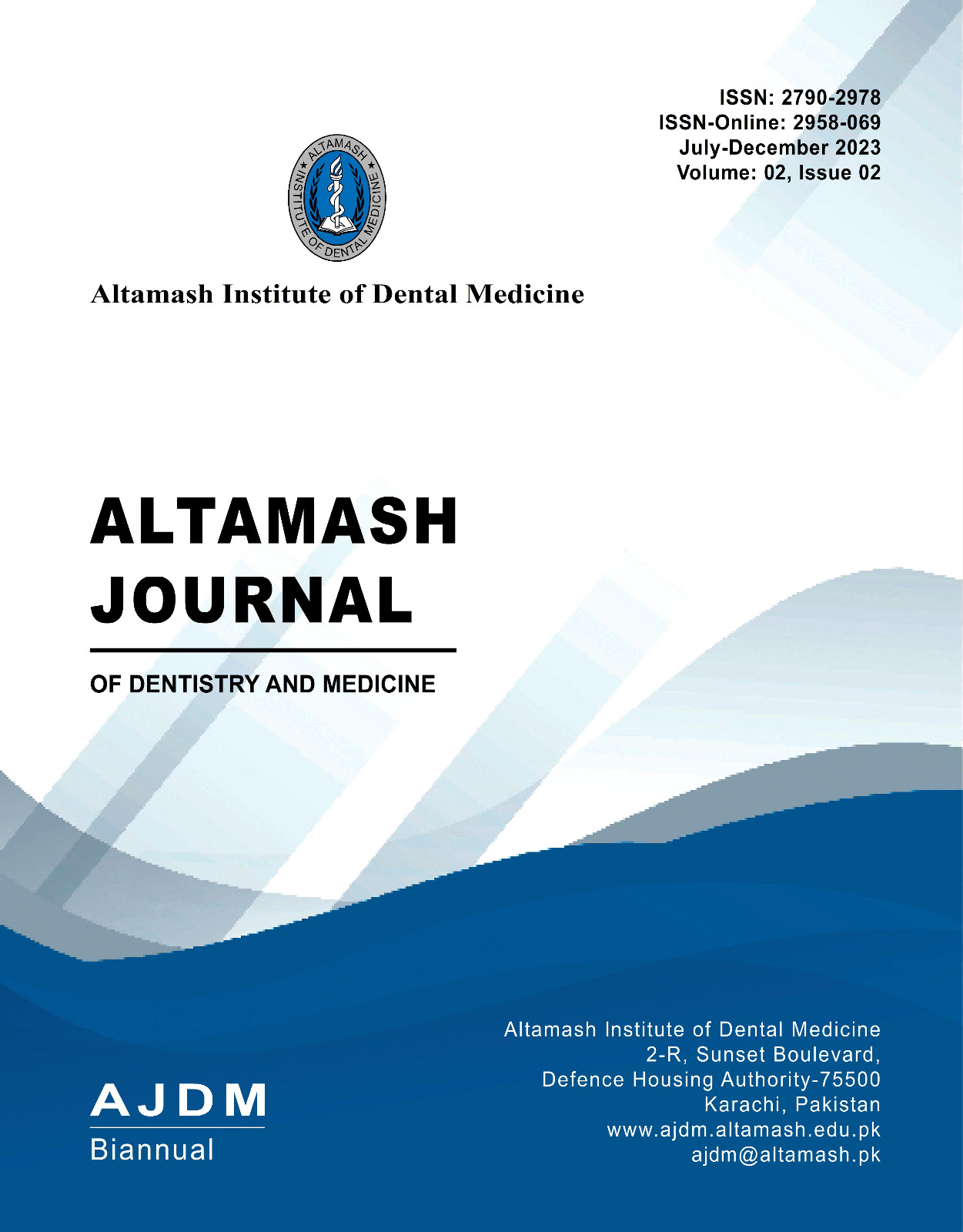Pharmacovigilance and Drug Regulatory Authority of Pakistan (DRAP): A Short Communication
Keywords:
Pharmacovigilance , Drug monitoring , Clinical trialsAbstract
In the past, many events led to the need for the development of drug regulatory authorities. Adverse reactions to drugs (ADR), which might include lack of efficacy and other unpleasant and unexpected drug responses, are a basic point of interest in pharmacovigilance. There are drug regulatory authorities to ensure laws for evaluation, and benefit-risk analysis, which is then followed by monitoring action to ensure the security of the drugs. They are tasked with monitoring the safety of medicines by gathering adverse events through passive and active surveillance. In Pakistan promoting the safety and monitoring of medicinal commodities is regulated by the Drug Regulatory Authority of Pakistan (DRAP). According to the 2017 Bio-Study Rules, all medical supplies and therapeutic products used in Pakistan must be registered with the Drug Regulatory Authority of Pakistan (DRAP) and get formal authorization (license for Clinical Trial Site and Clinical Studies) from DRAP.

Additional Files
Published
How to Cite
Issue
Section
License
Copyright (c) 2023 ALTAMASH JOURNAL OF DENTISTRY AND MEDICINE

This work is licensed under a Creative Commons Attribution-NonCommercial 4.0 International License.
Altamash Journal of Dentistry and Medicine is an open-access journal and is licensed under CC BY-NC 4.0. which permits unrestricted non-commercial use, distribution, and reproduction in any medium, provided the original work is properly cited.
To view a copy of this license, visit https://creativecommons.org/licenses/by-nc/4.0 ![]()





